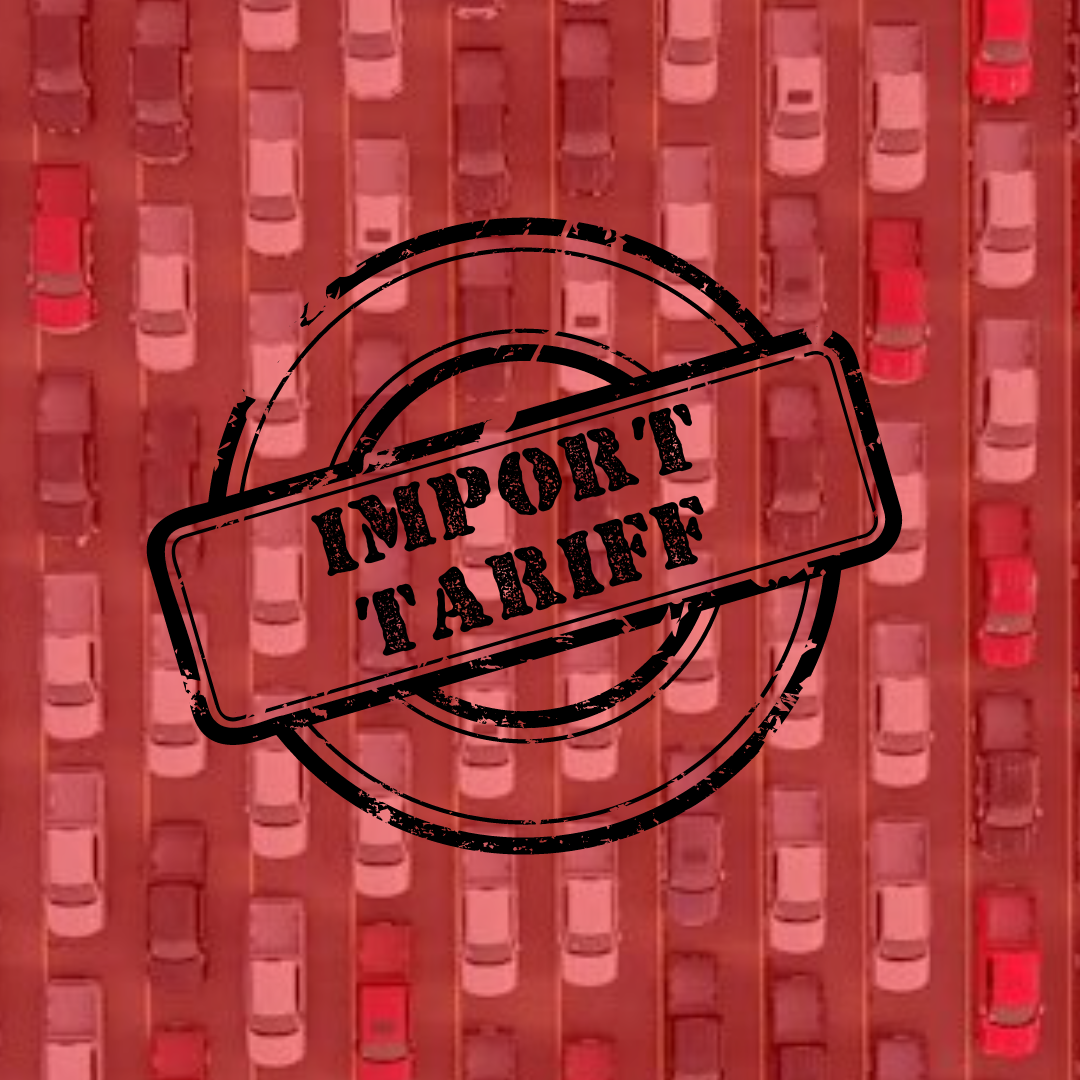Author: Tomas Wang
Date: August 8th, 2024

Area of Impact:
Atlantic Canada
Article Information and Location:
A trade war with China over EVs could slow Canada’s low-carbon transition, groups warn
David Thurton, CBC News, June 30th, 2024
INTRODUCTION
There are many factors that contribute to the infamous climate change. Amongst those factors, transportation is doubtless one of the most significant. As a matter of fact, transportation accounted for 20.7% of global carbon dioxide emissions as of 2022, standing as the second greatest contributor to global warming. To combat this problem, many governments around the world are working to replace traditional vehicles with electric vehicles, which are more environmentally friendly; although electric vehicles produce more carbon during manufacturing, it has been proven that in the long run, it is better environmentally compared to vehicles powered by a combustion engine. Canada has been actively supporting the implementation of electric vehicles. However, our progress may be obstructed as the federal government plans to place tariffs on Chinese-produced electric vehicles.
The article A trade war with China over EVs could slow Canada’s low-carbon transition, groups warn outlines the current debate on a tariff that the government is looking to place on Chinese-made electric vehicles. China is the largest producer of electric vehicles in the world. Placing a tariff on Chinese-made electric vehicles may have profound impacts on the electric vehicle industry of Canada, good and bad. This possible tariff has provoked controversy amongst authorities and activists. The article explains the possible reasons behind the potential tariff, the problems that the tariff may bring, and the points of both sides of the argument.

INFORMATION AND SIGNIFICANCE
Many reasons have been suggested as to why this tariff might be placed. Chinese-made electric vehicles are cheaper and more advanced than their Canadian counterparts. If China solidifies its dominance in the Canadian electric vehicle market, many believe that it will suppress Canadian electric vehicle companies. Finance Minister Chrystia Freeland said on June 18, 2024: “Canadian auto workers and the auto sector … are facing unfair competition from China’s intentional, state-directed policy of overcapacity that is undermining Canada’s EV sector’s ability to compete in domestic and global markets.” Other possible reasons include human rights violations that experts argue about Chinese electric vehicle companies and the influence of the United States of America.
However, many environmentalists argued the opposite. They claimed that the introduction of Chinese-made electric vehicles into the Canadian market would create competition, lowering the average price of the electric vehicle and making it more accessible to the general public. They explained that the Canadian electric vehicle industry is overpriced and competition would positively benefit the industry. Nate Wallace of Environmental Defence’s clean transportation program said publicly: “To meet our climate goals, we can’t let automakers keep EVs to a niche luxury market so they can keep selling gas guzzlers instead.” Another argument in this ongoing debate is the fact that Chinese-made electric vehicles tend to be more carbon-intensive. The argument made by the opposing side is that although this statement stands to be true, Chinese-made electric vehicles still emit less carbon dioxide than traditional vehicles.

The final call of the government, whether to proceed with the tariff or not, will have a great impact on the people of Atlantic Canada. Climate change is a rising problem and unfortunately, the residents of Atlantic Canada would be the first to experience the consequences of climate change in the form of rising sea levels. The decision at hand may very well play a great role in the future of climate change in Canada; neither of the negative outcomes—the suppression of Canadian-made electric vehicles or the inability to replace the traditional vehicles due to the price of the electric vehicles—is something we want. Furthermore, this decision may also affect the lives of every Canadian in the future. As the world inevitably moves to an era of electric vehicles, this decision today may dictate the price of the electric vehicle in the future.
CONCLUSION
The debate around the tariff on Chinese-made electric vehicles is still ongoing. Will the tariff solidify the extravagant cost of electric vehicles? Should we put a tariff in place to prevent Chinese-made electric vehicles from dominating the market? The answer to this question is not clear as of right now. What is certain is that this decision would have a great impact on our efforts to combat climate change and the lives of Atlantic Canadians. With that in mind, this piece of news is definitely something everyone should pay attention to.
